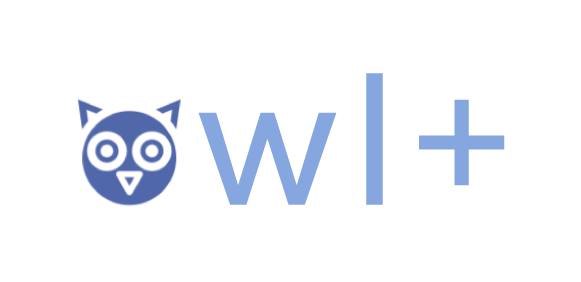8 How is South Saami recognised and protected?
As South Saami is recognized as an official Norwegian language, South Saami pupils are given a right to education in their own language. Three municipalities have been given status as South Saami administrative and bilingual districts: Snåase/Snåsa (2008), Raarvihke/Røyrvik (2013) and Aarborte/Hattfjelldal (2017). Ten more municipalities in Norway have been given responsibility for the other two officially recognized Saami languages. Given that Southern Saami has traditionally been a spoken language used primarily in the private sphere, this formal status carries great symbolic and practical significance.
In these designated areas, the law grants the citizens the right to use Saami language when communicating with any authoritative institution, and Saami languages shall be used by the government’s representatives alongside the other Norwegian standard languages. All the pupils in these areas have a right to education in their Saami language. Pupils with Saami background that live outside the designated administrative areas are entitled to education in Saami if requested by three pupils.
The Saami of Norway, Sweden and Finland have their own parliaments and are delegated certain political rights as an indigenous people. The Saami Parliaments of Norway and Sweden fund language and cultural centers that support the South Saami language. You can visit the Saami Parliaments on these websites:
In Norway and Sweden there are established several centres for Saami language and culture across Saepmie. These centres, funded by the parliaments, are vital institutions for the strengthening, conservation and development of the Saami languages. They function as meeting places for the public, venues for exhibitions and archives, and hubs for work of different kinds. Today there are South Saami cultural centres on both sides of the border.
Why don’t you visit them by clicking the link and check out their activities?

